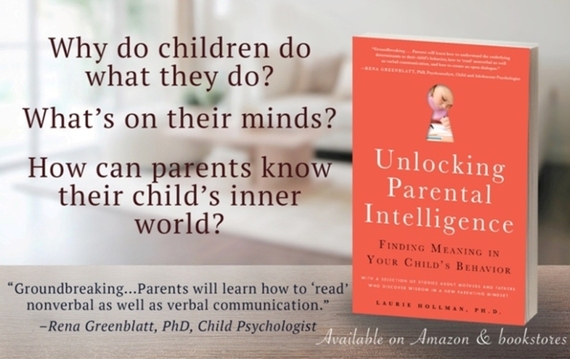In order to accomplish well at school, being organized is a priority. But how do you teach it? Some kids are naturally organized and have been since they were small. Others are more scattered and can't hold their attention well. How do you pass this skill along as your kids first enter school and then as the school year progresses and the work gets more involved and harder?
8 Parenting Tips for Helping Kids with Organization
1.An organized parent models for kids how to be organized. This may be in the kitchen, or in an at home office, or how the house is kept in general. If kids know where to find things because they are always put away in the same place, they learn the utility of being organized.
2.Setting up a work place for homework sets the tone for organized behavior. Having all the materials needed from pens and pencils to working computers and printers all help in setting the tone for an organized environment.
3.Setting up a routine for when homework is done teaches organization. This may be when the child first comes home from school or after a certain amount of playtime. But stick to the routine and organization follows.
4.If your child has ADHD, organization needs more focus. Do homework in small bits, taking breaks and praising often. Recognizing that organization is particularly hard for this child, prevents battles over getting things done.
5.Skills for organization may need to be spelled out such as always put things away in the same place, make a priority list of what needs to be done, be realistic about how long a job will take, set up all the books and materials needed before the job is undertaken.
6.Teach your child about taking breaks from work. This is highly individual. Some kids can work for hours but most need breaks every half hour or so. Let them know it's preferable to take a planned break than work so long you get exhausted and the job is never completed.
7.Bedtimes and wake times are often an issue for kids and parents. But setting them up in a tolerable way by talking about them openly helps with organization. Exhausted parents and kids don't organize well. The reason for bedtimes is to get enough sleep. Sounds obvious but kids often think it's a punishment for something. Talk about how much sleep each person may need. It doesn't depend on age but on an individual's constitution.
8.When you see specific ways your child is organizing their time, praise them specifically about how effective they are. Such specific praise not only feels good but it reinforces good habits.
Organization that includes routines is helpful for productive learning. At the same time, the best laid plans may not work. Be flexible. Experiment with different routines for each individual in the family. What works for one won't work for all. This is very important if different kids need different rules, so it's not a contest or a topic of rivalry. Point out how you and your parenting partner may be organized in different ways--whatever works for that person may not work for the other.
Have your kids openly discuss what works for them and listen attentively to their ideas for how they accomplish tasks with their own original methods of organization. Remember: we can learn from our kids just like they learn from us!

Laurie Hollman, Ph.D., is a psychoanalyst and author of Unlocking Parental Intelligence: Finding Meaning in Your Child's Behavior found on Amazon, Barnes & Noble, Familius and wherever books are sold.